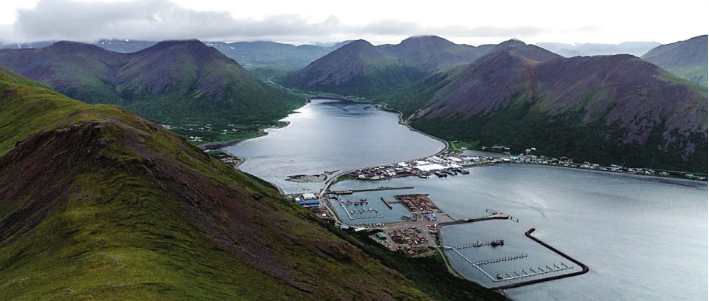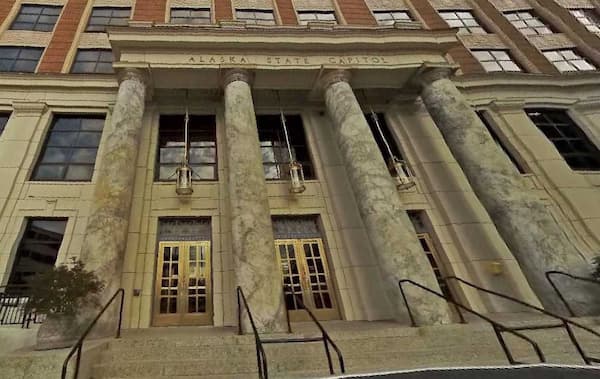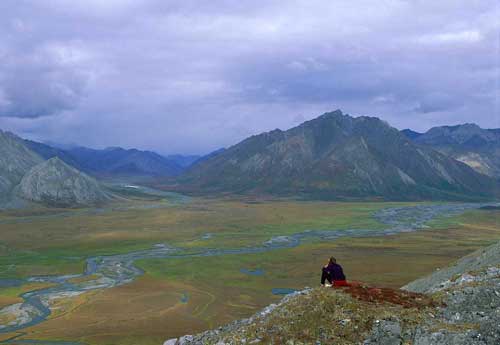Interior Secretary Sally Jewell is in Alaska this week to attend public meetings in King Cove and Cold Bay to get information toward a pending decision on the proposed Izembek National Wildlife Refuge Land Exchange and road corridor as directed under the Omnibus Public Land Management Act of 2009.
She will also spend time visiting Alaska’s North Slope and the National Petroleum Reserve-Alaska, to discuss issues regarding resource development and public lands management with local and elected leaders and stakeholders.
While this is her first visit to Alaska as Secretary of the Interior, Jewell has also visited the state more than a dozen times before in previous roles, including as an oil and gas engineer, commercial banker and outdoor recreation business leader.
“Alaska is a unique and special place, and I look forward to meeting with local leaders and partners and spending some time visiting the incredible resources that the state is so blessed to have,” she said. “These conversations are critical as we continue to chart a course for thoughtful and wise management of these natural and energy resources – using the best available science and integrating cultural, environmental and economic factors in decision-making about development and conservation.”
The King Cove to Cold Bay Road is of particular interest to residents of King Cove – home of the Peter Pan Seafoods processing facilities, which employs a number of people about 50 weeks a year. The road would provide for land travel to the all-weather airport at Cold Bay in the case of medical emergencies occurring in inclement weather, when connections cannot be made by air or sea.
Earlier this summer Assistant Secretary of Indian Affairs Kevin Washburn visited King Cove to discuss the road and due to rapidly changing weather conditions—heavy fog and rough seas—he was forced to take a boat back to Cold Bay, then climb the same 20-foot ladder to the dock that many medical evacuees have to ascend, sometimes in a crab pot if they are too sick to climb.
Several environmental organizations, including The Wilderness Society, oppose the proposed land exchange and road, saying they would compromise an internationally significant ecosystem by trading valuable wetlands for lower-quality habitat.





